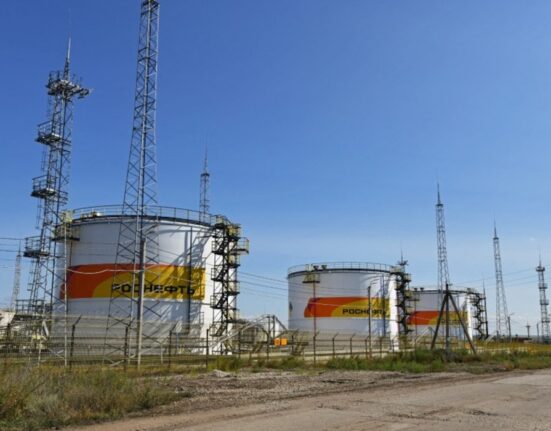Commodities are raw materials that are bought and sold on an open market. They include agricultural products, such as corn, wheat, and soybeans; energy products, such as oil, natural gas, and coal; and metals, such as copper, gold, and silver.
Investing in commodities can be a profitable way to grow your wealth. However, there are also some ethical implications to consider before investing in commodities.
One of the main ethical concerns with investing in commodities is the impact that it can have on the environment. For example, the production of oil and gas can lead to pollution and climate change. The production of agricultural commodities can also lead to deforestation and water pollution.
Another ethical concern with investing in commodities is the impact that it can have on people. For example, the price of commodities can fluctuate wildly, which can make it difficult for farmers and other producers to make a living. The price of commodities can also be manipulated by speculators, which can lead to higher prices for consumers.
There are a number of ways to mitigate the ethical concerns associated with investing in commodities. One way is to invest in sustainable commodities, which are produced in a way that minimizes environmental and social impact. Another way is to invest in companies that are working to improve the sustainability of the commodities industry.
Ultimately, the decision of whether or not to invest in commodities is a personal one. However, it is important to be aware of the ethical implications of investing in commodities before making a decision.
Here are some additional ethical considerations to keep in mind when investing in commodities:
- Labor practices – The production of commodities often involves the use of child labor, forced labor, and other forms of exploitation. Investors should research the labor practices of companies involved in the production of commodities before investing.
- Human rights – The production of commodities can also have a negative impact on human rights. For example, the production of oil and gas in some countries has been linked to human rights abuses, such as the displacement of indigenous people and the use of violence against protesters. Investors should research the human rights record of countries where commodities are produced before investing.
- Environmental impact – As mentioned above, the production of commodities can have a negative impact on the environment. Investors should research the environmental impact of commodities before investing.
By considering the ethical implications of investing in commodities, investors can make more informed decisions about where to put their money.












